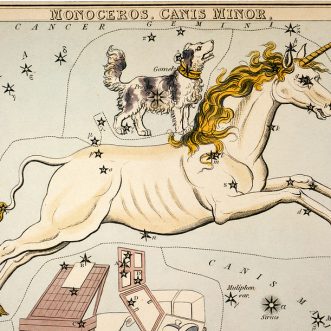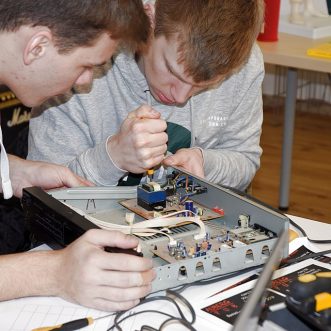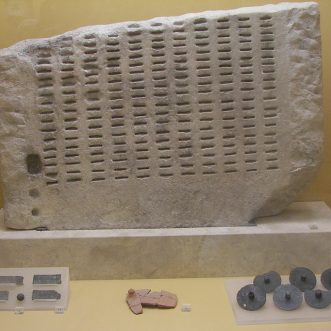
Pour encourager nous autres
On reflection, I’d add one more thing to Ari Weinzweig’s definition of Good Profit:
“Good Profit, I will now say, appears when multiple ecosystems are all benefited at the same time:
- Our inner ecosystem
- Our client’s inner ecosystem
- The ecosystem of the organization in which the profit is produced
- The ecosystem of the community of which that organization is a part
- The greater ecology of the planet”
That makes some Bad Profits easy to spot: sell addictive and harmful substances, wrapped in plastic, powered by lithium and destined to litter the streets, to people who are desperate, or bored. Vapes, alcohol, gambling, ultra-processed food, toxic social media.
These industries are clearly making Bad Profits at all levels except perhaps one: “The ecosystem of the organization in which the profit is produced”. Even this is questionable – how must it feel to work for one of them?
Business making Good Profits are not as easy to spot, perhaps because one aspect of Good Profits is that they tend to be lower (which is also Good, because too much money in the hands of too few people distorts the system). So it’s important that we share them when we find them, so they can grow.
Here are a couple of examples I know:
- New Dawn Traders:
- An alliance of regenerative producers, sailing ships, allies at small ports and like-minded customers. Customers buy from port allies near them . The port allies place orders with the broker. The sailing ship collects cargo from the producers, cares for it at sea, and delivers it to the various small ports. Everyone gains – producers are paid better, access new markets, ships earn extra income, broker and port allies get their share and customers get top quality at fair prices. Nobody’s exploited, the earth is cared for, almost no carbon is released. Every ecosystem is nurtured.
- An alliance of regenerative producers, sailing ships, allies at small ports and like-minded customers. Customers buy from port allies near them . The port allies place orders with the broker. The sailing ship collects cargo from the producers, cares for it at sea, and delivers it to the various small ports. Everyone gains – producers are paid better, access new markets, ships earn extra income, broker and port allies get their share and customers get top quality at fair prices. Nobody’s exploited, the earth is cared for, almost no carbon is released. Every ecosystem is nurtured.
- Earth Runs and the 1% club:
- People get active, trees get planted. The right kind, where needed. Carbon is captured, jobs created. So far they’ve “planted over 130,000 trees, got over 1,750 people active, provided 1,900 days of fairly paid work for our tree-planting communities and kept the equivalent of 783kg of unwanted medals out of landfill.” Every ecosystem is nurtured.
You know some small businesses making Good Profits.
Please share – “pour encourager nous autres”.
Discipline makes Daring possible.








